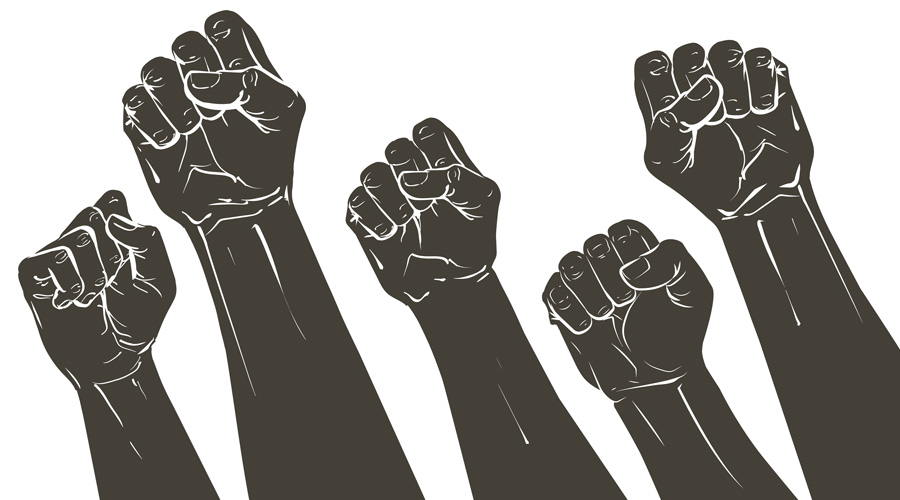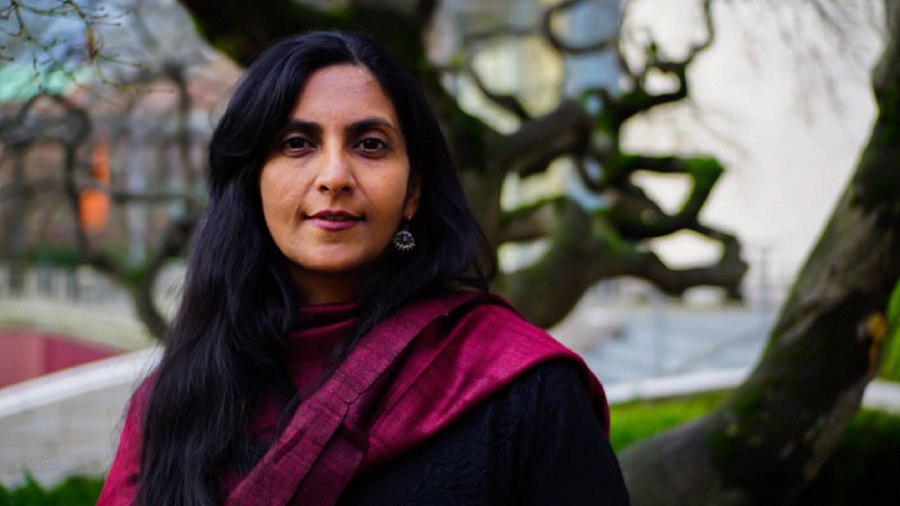After Seattle in the United States, the caste battle has now reached Toronto in Canada where the two sides -- one favouring a ban on caste-based discrimination and the other opposing any such move -- have started fighting it out in a district school.
Last month, Seattle became the first US city to outlaw caste discrimination after its local council overwhelmingly passed a resolution moved by an Indian-American politician and economist to add caste to its non-discrimination policy.
The resolution moved by Kshama Sawant, an upper-caste Hindu, was approved by the Seattle City Council by six to one vote. The results of the vote could have far-reaching implications on the issue of caste discrimination in the US.
Proponents of caste discrimination were successful in bringing the motion for consideration before the Toronto District School Board (TDSB). The board at its meeting on March 8, referred it to the Ontario Human Rights Commission as a neutral observer to study and assess the issue. In doing so, the board noted that it does not have enough expertise on this issue.
The TDSB's move comes after the February 21 vote by the Seattle City Council which passed an ordinance banning caste-based discrimination in the city. This made Seattle the first city outside India to do so.
"A 'Yes' vote on this proposal is what is in the best interests of all public school students in Toronto. Students can experience caste discrimination in many forms in an educational environment, including by being subject to casteist slurs, discrimination in social and online settings and exclusion from dominant-caste spaces," Seattle City Councillor Sawant said in a letter to the TDSB members.
On the other hand, the Coalition of Hindus of North America (CoHNA), which has been running a campaign against it, said that singling out one community on these otherwise broad markers, had resulted in significant opposition from the Canadian South Asian diaspora.
CoHNA Canada helped the community send more than 21,000 emails and make numerous phone calls to the trustees to make their voices heard. The TDSB office in North York also witnessed large stand-in protests while the voting was underway, with community residents braving the freezing weather for hours to ensure they were heard, a media release here said.
CoHNA said the demand from caste discrimination activists for South Asians to be assigned a "collective guilt" based entirely on unverifiable personal anecdotes would be considered bigoted, xenophobic and outright racist if it were applied to almost any other group.
"This is just colonialism all over again where lawmakers who are supposed to be impartial, make casually Hinduphobic remarks and and echo outrageous propaganda put out by hate groups," said Nikunj Trivedi, president of CoHNA. "There should be no tolerance for attempts to profile a vulnerable minority group," he said.
Except for the headline, this story has not been edited by The Telegraph Online staff and has been published from a syndicated feed.












